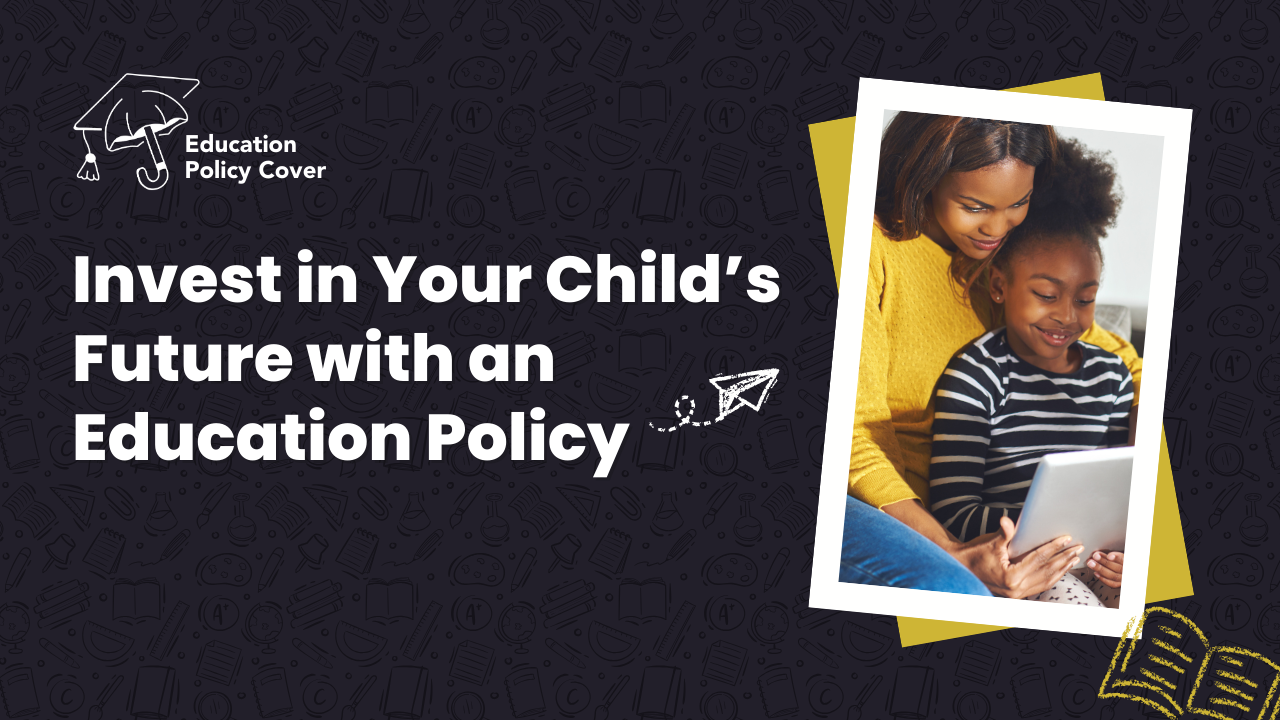1).What is an Education Policy? An education policy is a life insurance plan designed to help parents save for their child’s education through regular contributions.
2).Why should I consider One?
It ensures your child’s education continues uninterrupted, even in the event of the parent’s death.
3).How do the payments of an education policy work?
Benefits are paid in staggered amounts for educational expenses, with bonuses added at maturity.
4).Things to consider before buying an education policy?
5).How to get an education policy? Reach out to an insurance company, agent or broker with your request. Complete a proposal form, submit required documents, and pay the initial premium.
6).Managing Your Policy?
7).Can I make changes to my policy? Circumstances change and it may be necessary to make changes or to policy document. It is advisable to make your request to the company in writing so they can advise on the necessary steps to take to effect the required changes.
8).What happens if I am unable to keep up with my premium payments? If you are struggling to make your premium payments, notify your insurer promptly to explore options and avoid policy lapses.
9).Claim Process? Notify your insurer immediately after an insured event. The insurer will provide the necessary forms for completion to process the claim.
For maturity claims, the insurer will contact you. You can also contact the company in the event they do not contact you when your policy matures.10).In Case of Death? When taking out an education policy, you’ll need to name beneficiaries who will receive the benefits in case of your untimely demise before the policy matures. The Benefits will be paid to named beneficiaries.
Education policies often include riders to sustain the plan to maturity to meet the goal of allowing your children to complete their education even in your absence.
11).Cancelling Your Policy? Cancelling may result in receiving less than paid premiums. Always explore alternatives first.
12).Tax Benefits? Policyholders can claim tax relief of 15% of the premium subject to a maximum of Ksh5,000/- per month or Ksh60,000/- per year.
13).Where to Buy Contact any of the listed life insurance companies for assistance.
13. Must I contribute monthly to my retirement savings? No. Monthly contributions are not a must. You could contribute bi-monthly, quarterly, bi-annually or annually. The point is to have a consistent savings culture so that your pensions fund can grow.
